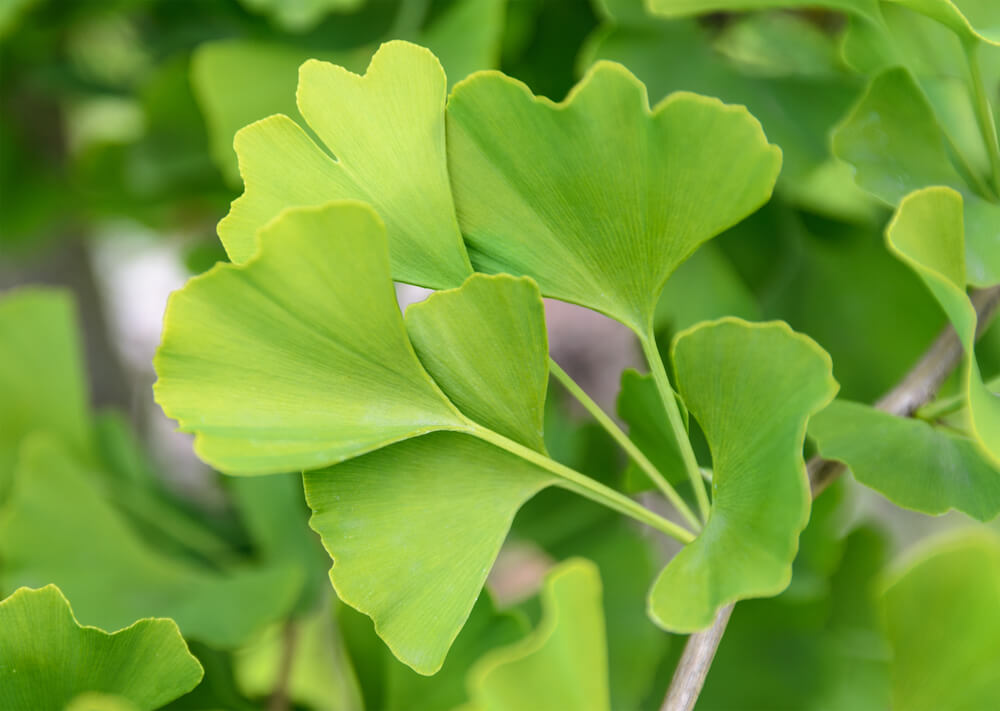Description
Ginkgo is a genus of ancient, deciduous trees in the family Ginkgoaceae. Ginkgo biloba, commonly known as the maidenhair tree, is the only living species in the genus. Ginkgo trees are unique for their fan-shaped leaves, remarkable resilience, and long history dating back millions of years.
Climate: Ginkgo trees are hardy and adaptable to a variety of climates. They thrive in temperate to subtropical regions with distinct seasons. They are known for their tolerance to urban pollution, making them suitable for urban landscapes as well.
Watering: Ginkgo trees have moderate water needs, particularly when established. Water young trees regularly to ensure proper establishment. Mature trees are drought-tolerant and require watering during prolonged dry periods.
Soil Type: Ginkgo trees prefer well-draining soil with a slightly acidic to neutral pH. They can tolerate a range of soil types, including sandy or loamy soil. Soil compaction should be avoided, as it can hinder root growth.
Fertilizing: Ginkgo trees generally do not require heavy fertilization. Incorporate well-rotted compost or organic matter into the soil during planting. A balanced, slow-release fertilizer can be applied in early spring to support growth. Avoid excessive fertilization, which can lead to weak growth.
Pest & Diseases: Ginkgo trees are relatively pest and disease resistant. They are not commonly affected by pests. However, they can be susceptible to foliar diseases during periods of prolonged humidity. Proper spacing and good air circulation can help prevent these issues.
Pruning: Ginkgo trees require minimal pruning. Remove dead or damaged branches to maintain the tree’s health and appearance. Pruning is generally done in late winter or early spring when the tree is dormant.
Propagation: Ginkgo trees can be propagated through seeds or grafting. Ginkgo seeds have a fleshy outer layer that should be removed before planting. Seeds can be planted in well-draining soil in the fall. Grafting onto rootstocks is often used for propagation of specific cultivars.
Landscape Uses: Ginkgo trees are highly valued for their ornamental and shade qualities. They are often used as specimen trees in parks, gardens, and along streets. Ginkgo trees have distinctive foliage that turns golden-yellow in the fall, creating a striking landscape display.
Cultivars: There are several cultivated varieties of Ginkgo biloba available, offering variations in growth habit and leaf shape. Some popular cultivars include ‘Autumn Gold’ with vibrant fall color, ‘Princeton Sentry’ with a narrow growth habit, and ‘Mariken’ with a compact size suitable for small spaces. These cultivars provide options for different design preferences and can enhance the visual appeal of your landscape.


